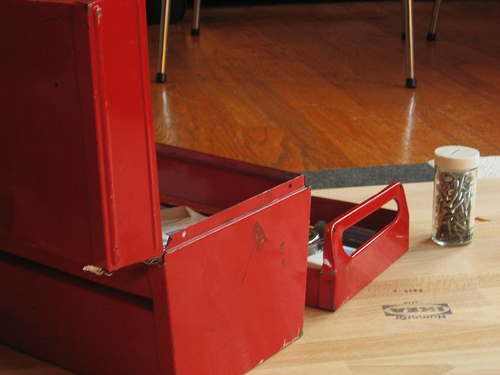It is hard to deny that so much of success and happiness is based on positive ways of thinking. Most of us are aware that a hopeful attitude is one of the keys to the expansion of forward thinking. Of course, optimism alone accomplishes only a part of the puzzle. One must be willing to take action to ensure progress towards real success. The combination of positive ways of thinking, the resolve to follow through with new ideas, and the development of supportive relationships create a recipe for favorable outcomes.
“Nothing limits achievement like small thinking; nothing expands possibilities like unleashed imagination.” ~ William Arthur Ward
In order to connect with limitless possibility, it is necessary to commit to creating supportive relationships. This can involve many challenges because supportive doesn’t always mean comfortable. Creating the right relationships for success involves being stretched beyond the normal definitions of security. Positive connections create accountability to the commitments made to grow and change. It is vital to be aware of how partnerships affect thinking. Regular evaluations of an individual’s relationships can create an environment of growth and positive change.
A Simple Assessment To Evaluate Relationships
- Does this relationship challenge my ideas?
- Do conversations support expansion of thinking or suppression of ideas?
- Does this relationship encourage compassion?
Finding the answers to these questions can provide you with tremendous insight into the condition of any relationship. Often, people will hold on to friendships and other connections because of the fear of being alone. No matter how scary honest evaluation can be, the knowledge gained from accurate appraisals is vital. With this awareness you can find a specific direction to go in to continue your personal growth. The combination of your desire to grow and a system of support makes the road a lot less treacherous. The more we know about ourselves and our relationships, the more we can create positive attitudes, inspire action, and strengthen our resolve.


 These three important steps can be the key ingredients to a solid foundation for living. With the awareness of self-responsibility, our personal definition of success and finding healthy support systems, it is much easier to create and live a life of powerful change.
These three important steps can be the key ingredients to a solid foundation for living. With the awareness of self-responsibility, our personal definition of success and finding healthy support systems, it is much easier to create and live a life of powerful change.





